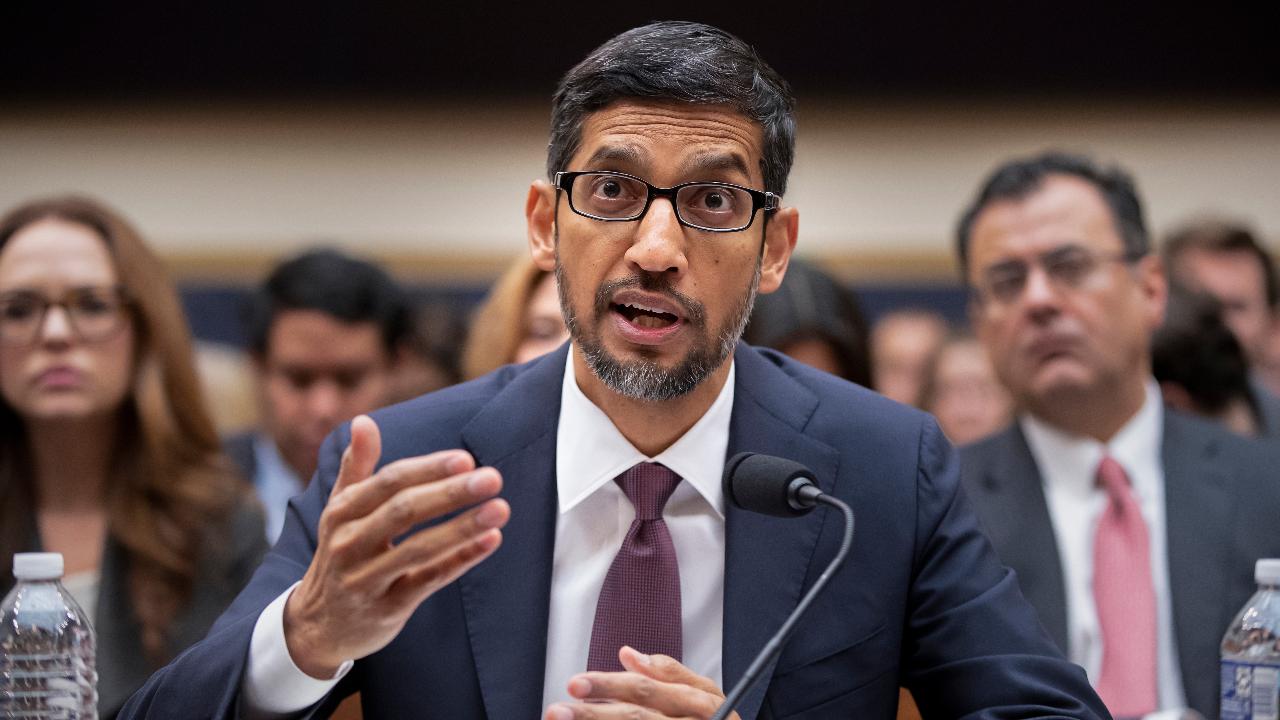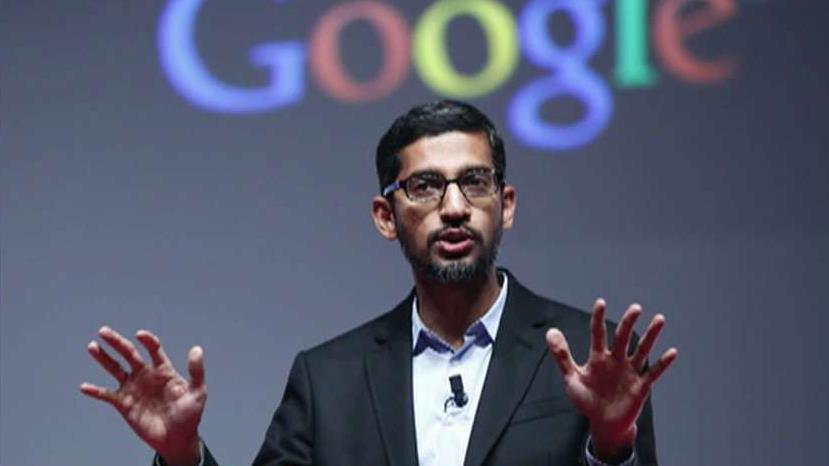Conservatives should resist the urge to regulate Big Tech
Nearly every day there seems to be another story that demonstrates that Big Tech is biased against conservatives. Recently, we saw the “lifetime” ban of conservative pundit Jesse Kelly from Twitter—which lasted just a couple of days. As a result, more and more conservatives are talking openly about using antitrust law to break up or regulate Google or Facebook or even Amazon. This would be a huge mistake, and a repudiation of conservative principles, for several reasons.
First, it would undermine the right to free speech. The first words of the First Amendment are “Congress shall make no law” for a reason. Conservatives believe in Constitutional rights as negative rights, not positive rights. That means that rights are defined by freedom from government interference rather than a declaration that government shall guarantee any given right.
Twitter is a private company. As such, it can give a platform to anybody it chooses who agrees to abide by the company’s terms and conditions—and suspend or remove anybody who breaks those terms. There is no positive right to free speech on Twitter or any other private venue. Demanding one through regulation confuses conservative concepts of rights with left-liberal concepts of rights.
A second argument for regulation is that the tech giants are actually monopolies, which is illegal under the Sherman Act. This is problematic for several reasons. First, far from using it, conservatives should oppose any and all antitrust law as a violation of private property rights. Given that the laws are on the books, conservatives should look skeptically at claims of “monopoly.” There are quite a few Big Tech firms, and they all compete fiercely against each other in many different areas. The result has been significant innovation and a driving down of prices, which is the exact opposite of what you would expect from monopoly.
Then there is the objection that Big Tech buys up competitors. This is actually a sign that the firms recognize that innovation often occurs outside established companies. Moreover, startup founders often work toward being bought out as a way to realize profits. This is particularly the case now that onerous financial regulation from laws like Sarbanes-Oxley and Dodd-Frank has made taking a company public extremely difficult and costly.
Using antitrust law to break up Big Tech would present a textbook example of “Be careful what you wish for.” Liberals could use that precedent to break up big energy companies, for example. It is far better to let the current standard of consumer welfare as the criterion for antitrust action remain in place.
A third argument is that the five biggest tech firms have so much data and know so much about us that they can’t be controlled or tamed. To which a conservative must ask, “Where is the empirical evidence?” The evidence in fact seems to show that data is no protection against being toppled—AOL, MySpace, iTunes, and Yahoo all had vast amounts of data and seemed impregnable not so long ago. If anything, recent experience suggests that Big Tech firms are more vulnerable than the big firms of yesteryear—which helps explain their fierce competition to stay ahead of each other.
If conservatives really are concerned about a few large tech companies’ dominance, they should seek to enable the rise of new competitors by breaking down regulatory barriers to market entry. Big businesses can absorb the cost of regulations that small businesses can’t. Making it easier to launch an initial public offering is one option. Financial and labor deregulation can make it easier for startups to get off the ground. Lifting disincentives to hiring, such as the Obamacare 50-employee threshold, would allow businesses to expand.
Yes, the major tech firms are often their own worst enemy when it comes to responding to conservative critics. That’s why all Big Tech firms should echo Google CEO Sundar Pichai’s admonition to the company’s workers to stay nonpartisan.
America’s leading technology companies have brought us massive benefits both as consumers and as citizens. Their platforms have allowed many thousand more conservative voices to be heard. While they have some valid criticisms of the way they are treated, conservatives should stick to principle when considering a response.
Iain Murray is a senior fellow with the Competitive Enterprise Institute, a free market public policy organization based in Washington, D.C.





















